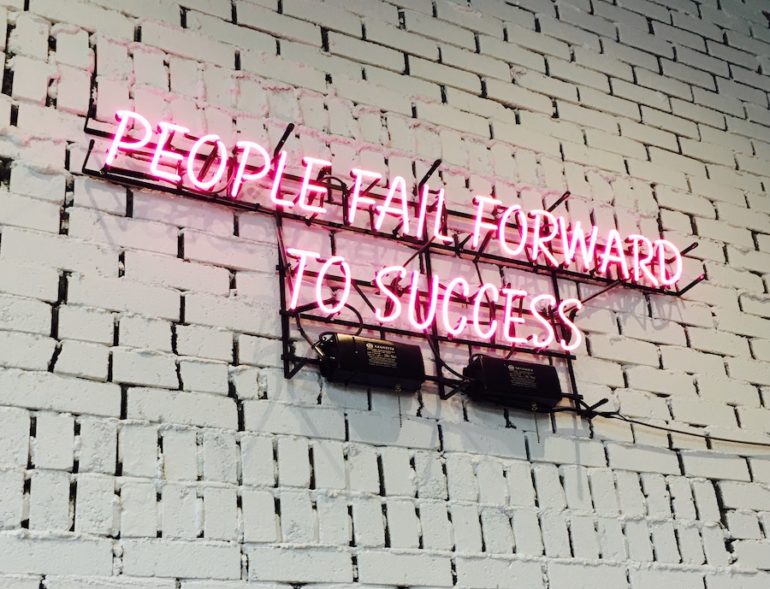“Studies say four minutes of uninterrupted eye contact increases intimacy.”
So we did it. For four minutes, Christina and I looked into each other’s eyes…and it went a lot better than the first time I did it with someone else.
This someone else was a complete stranger—okay, maybe he wasn’t a complete stranger since I had met him a couple hours ago at a conference we were a part of—but that’s how it felt. And yes, it was incredibly awkward and I don’t recommend it, but I had no choice. At least he wasn’t a she. I couldn’t imagine doing this exercise with a woman who wasn’t my wife.
Nevertheless, after having gone through that deathly awkward experience where I felt inappropriately vulnerable with this stranger, I was interested to see how it would feel to do this exercise with my wife.
And I’m not being sarcastic here. I was actually excited to do this with my wife because I wanted to see what would happen. I was curious to see what I would feel and think during those four minutes of silence.
So we did it. For four minutes, we looked at each other in the eyes and here’s what I realized.
I don’t need other people to see me because I am already seen.
When Christina was looking at me in the eyes, I realized that it wasn’t because of anything I was doing. I wasn’t performing. I wasn’t speaking. I wasn’t podcasting. I wasn’t writing. I wasn’t teaching. I wasn’t leading.
I wasn’t doing anything—yet I was seen.


 There are no perfect church vision statements.
There are no perfect church vision statements.




